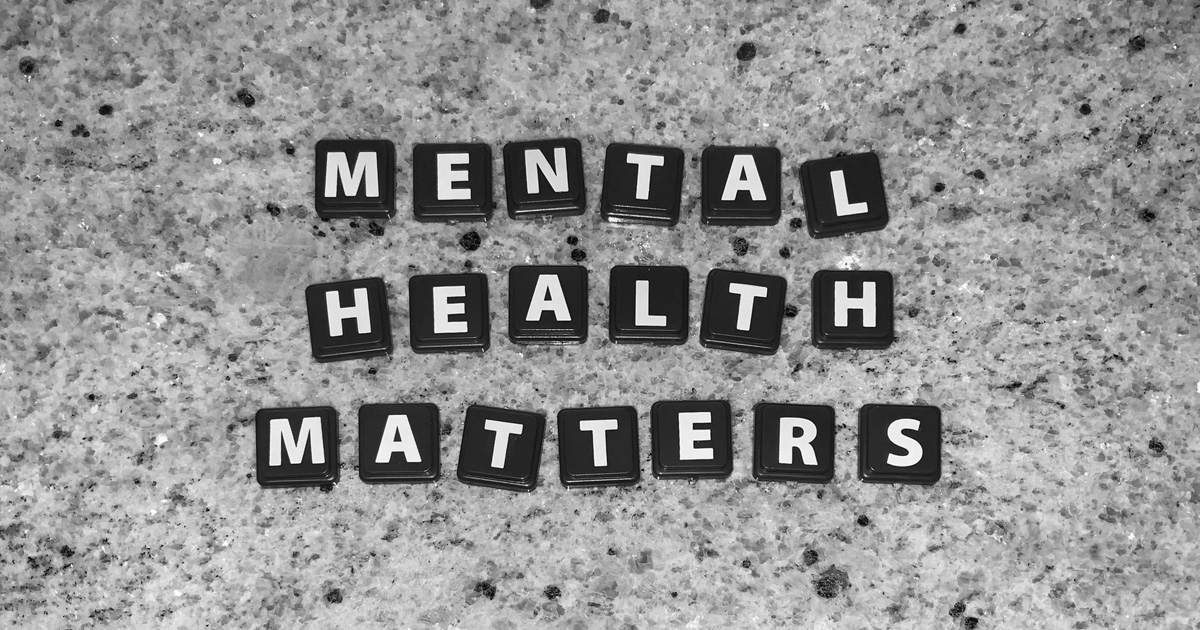
The Overlooked Answer to Weight Loss: Unveiling the Powerful Link Between Sleep and Weight
The Overlooked Answer to Weight Loss: Unveiling the Powerful Link Between Sleep and Weight
When it comes to weight loss, most people focus on diet and exercise as the primary factors. While these elements are indeed crucial, there’s a lesser-known but incredibly influential factor that often goes unnoticed: sleep.
Quality sleep is not only essential for overall health and wellbeing, but it also plays a significant role in achieving and maintaining a healthy weight. In this blog, we’ll examine the connection between sleep and weight loss, and uncover the reasons why a good night’s rest is a game-changer on your weight loss journey.
1. Hormones: The Sleep-Wake Balance
At the core of the sleep-weight relationship lies the body’s complex hormonal system, otherwise known as the endocrine system. Sleep deprivation disrupts the balance of hormones that regulate hunger and satiety, leading to increased appetite and unhealthy food cravings. Ghrelin, the “hunger hormone,” rises, signaling your brain to eat more. Simultaneously, leptin, the hormone responsible for making you feel full, decreases, making it harder to recognize when you’ve had enough to eat. As a result, you may find yourself reaching for calorie-dense snacks and overeating, hindering your weight loss efforts.
2. Metabolism: Fueling Your Weight Loss Engine
A well-rested body functions more efficiently, and this includes your metabolism. During deep sleep, your body undergoes crucial repair and restoration processes, aiding in muscle recovery and fat burning. Research shows sleeping 6 hours or less a night can impact your metabolism, slowing your body’s energy burning capacity.your Sleep deprivation can also lead to insulin resistance, a condition where your cells struggle to process glucose, contributing to weight gain and an increased risk of type 2 diabetes.
3. Physical Activity: The Energy Connection
Regular physical activity is undoubtedly a cornerstone of weight loss. However, without sufficient sleep, you might find it challenging to muster the energy and motivation to exercise consistently. Fatigue can lead to a lack of enthusiasm for workouts, ultimately affecting your calorie-burning potential. On the other hand, a well-rested body is more likely to embrace physical activity, helping you stay on track with your weight loss goals.
4. Nighttime Snacking and Mindless Eating
Eating two hours or less before bedtime can harm your sleep. And poor sleep habits can also lead to increased nighttime snacking and mindless eating, both of which can sabotage your weight loss journey. When you stay up late, you’re more likely to consume extra calories, often from unhealthy snacks, as your body craves quick sources of energy. Furthermore, late-night screen time and irregular sleep schedules can disrupt your body’s natural circadian rhythm, negatively impacting your metabolism and making it harder to lose weight.
In the quest for weight loss, it’s crucial to understand the importance of the quality and quantity of sleep, especially as you age. Beyond its numerous health benefits, sleep plays a fundamental role in regulating hormones, fueling your metabolism, managing emotions, and maintaining energy levels for physical activity.
To enhance your weight loss efforts:
- Prioritize a consistent sleep schedule
- Create a calming bedtime routine
- And cultivate a sleep-conducive environment.
By giving your body the rest it needs, you’ll not only feel more refreshed and energized but also set yourself up for success. Remember, a well-rested body is a healthy body, both inside and out.



